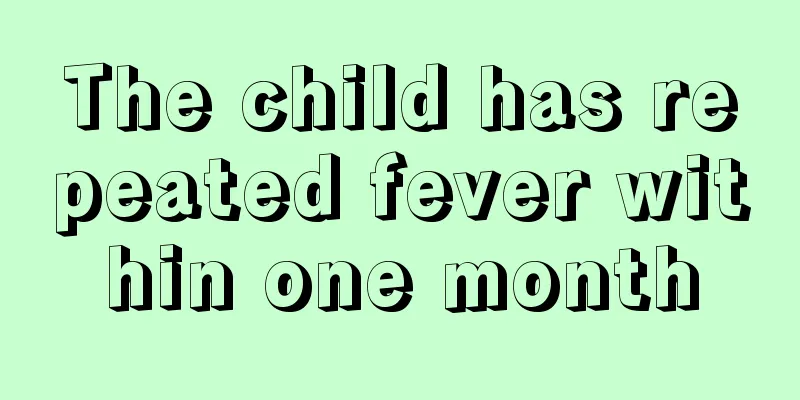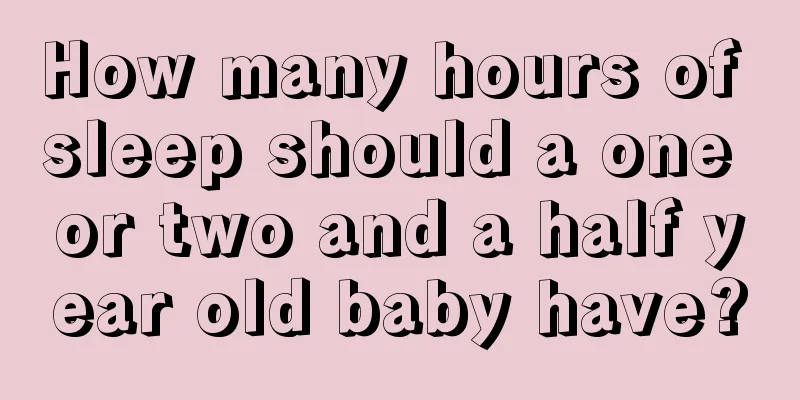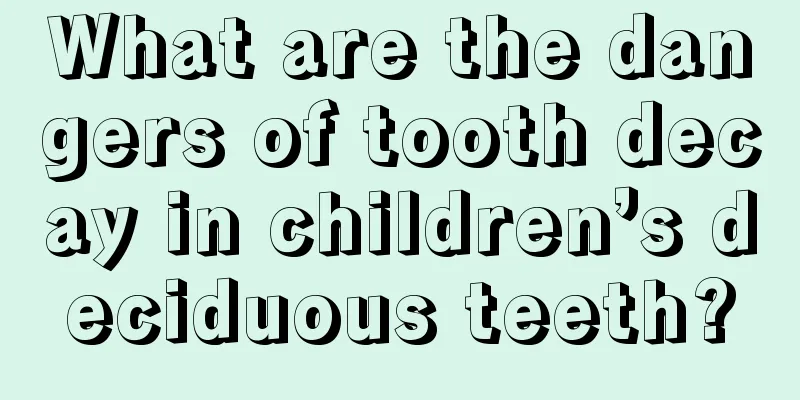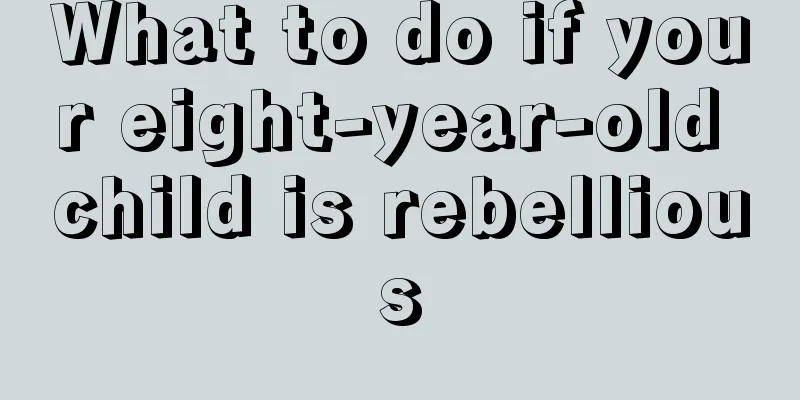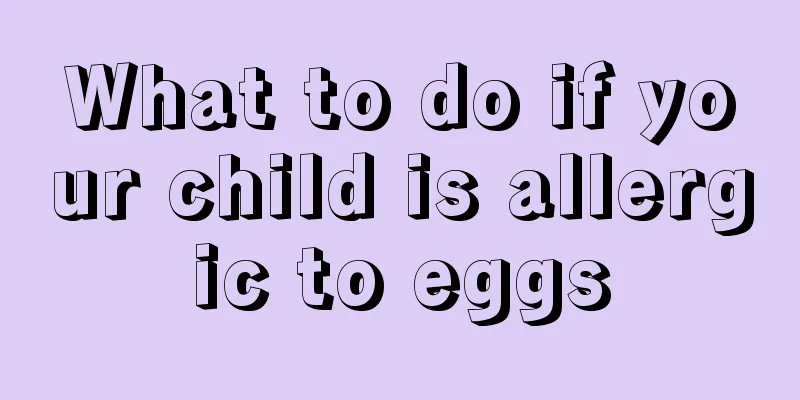Why is my baby drooling?

|
Drooling is a relatively normal thing for babies nowadays. Newborn babies only eat breast milk and formula, so the stimulation of saliva is not great, resulting in less saliva secretion, but saliva will still flow out. After four months, because they need to accept complementary foods, more saliva will also come out at this time. It is good for babies to drool. Let's take a look at these benefits. What is the reason for baby drooling? Drooling is normal for babies. Newborn babies only eat breast milk or formula, and these foods do not stimulate the salivary glands much, so the baby secretes very little saliva, and generally very little saliva flows out of the baby at this time. However, after 4 months, eating starch-containing complementary foods such as rice cereal stimulates the secretion of salivary amylase. In addition, some babies like to suck their fingers at this time, which further aggravates the secretion of salivary glands. The baby's mouth is small and shallow, and the swallowing function is not perfect. They cannot swallow the saliva that flows out, so the saliva overflows the dam. At the same time, teething will stimulate the secretion of salivary glands, leading to increased saliva. Once the baby learns to swallow, the saliva will naturally decrease. Is it good or bad for your baby to drool? benefit 1. Lubrication When the baby's teeth first grow, the gum tissue will inevitably be swollen and painful, and the tips of the teeth are relatively delicate. At this time, the baby's saliva can act as a lubricant and prevent the occurrence of inflammation around the teeth. 2. Cleaning effect The saliva that flows from the baby can keep the mouth moist and clean, and can also clean the baby's newly grown teeth to prevent the formation of tooth decay. 3. Promotion Saliva can promote the development of baby's taste buds, thereby increasing baby's appetite; it can also promote the activity of lips and tongue, so that baby can speak as soon as possible; it can also promote the maturity and perfection of swallowing movements. harm 1. Not likable If your baby drools frequently, not only will his face become dirty, but his clothes will also become dirty, and he will be wet all over, which is unpleasant to the eye. 2. Skin damage Since saliva is acidic and contains some corrosive digestive enzymes, and the baby's skin is relatively tender, once saliva flows out and contacts the baby's mouth corners, cheeks and other parts, symptoms such as redness will appear over time. |
<<: Ten-month-old baby drools a lot
>>: What should I do if my three-year-old child still drools?
Recommend
Summer vacation schedule for middle school students
In order to be able to get into a good high schoo...
What to do if baby's hand is scalded and blistered
Babies are prone to many accidents because they s...
What are the foods that can replenish blood and qi for children?
With the continuous improvement of real society, ...
Little boy's foreskin adhesion
When parents are bathing their babies, they will ...
How to judge whether a child's nails are white?
Nowadays, it is not uncommon to see children with...
Can autistic children talk?
In the process of development, infants and young ...
Why does my baby have jelly-like diarrhea?
Children's stomachs are relatively fragile be...
At what age do children start to lose their teeth?
Everyone knows that children will experience toot...
How to make rice cereal for babies
Rice porridge has always been the best choice for...
3-year-old baby coughs with phlegm
I believe that many people often encounter the pr...
How to treat a 6-month-old baby crying in the middle of the night
A 6-month-old baby cries in the middle of the nig...
What should I do if my baby only drinks milk from one side?
Babies are quite dependent on breast milk, which ...
What are some appetizers for toddlers?
Everyone knows that many babies used to only eat ...
What to do if your baby's teeth are late
Normal babies usually start to grow teeth at six ...
How much milk powder should a baby take in a week
Babies over one year old need to drink about 500 ...
